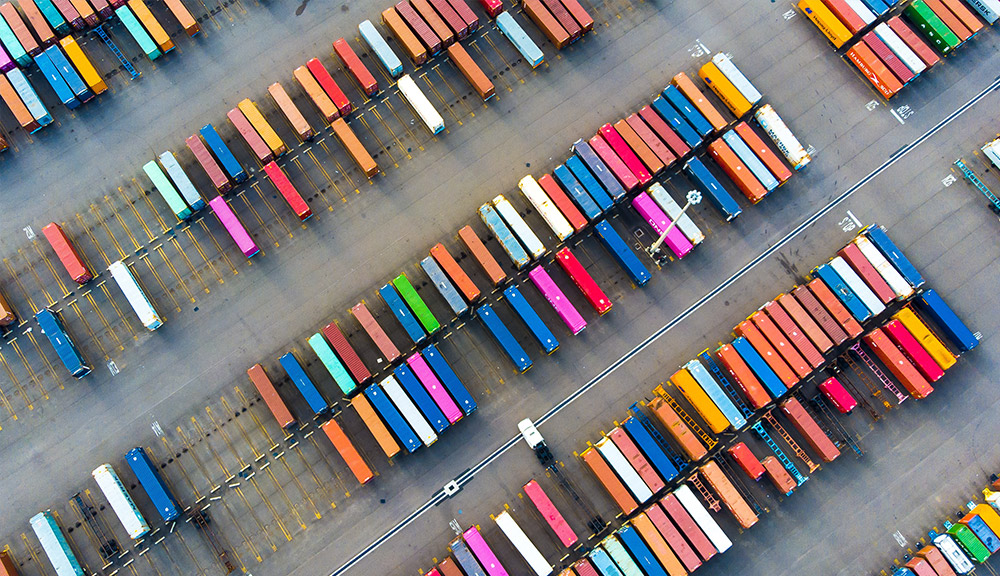The implementation of the 1st stage of the Cargo Release Message will be set from October 1, 2021. From now on, customs requires that an import declaration has to be submitted in more detail.
Why this change?
This is an obligation specified by the European Parliament in Brussels. During an inspection on behalf of the European Parliament in 2013, it was found that in the Netherlands the import declaration is first released and then checks whether the goods have been unloaded. As a result of this method, many mismatches (between 4 and 5%) occurred with the Bill of Lading. Submitting import declarations prior to the unloading of the ship is not permitted, but it is possible, and therefore there is a fiscal risk for Dutch Customs.
Portbase
Via the Port Community System, Portbase facilitates data sharing between companies and information exchange with governments in order to work faster, more efficiently and at lower costs. Everyone in the logistics chain can exchange information via PCS easily and efficiently, helping customs to reduce their fiscal risk to zero.
Recommendation
Import declarations can only be submitted once the goods have actually been discharged. SGS will first submit an advance declaration to customs for the goods in accordance with the order (10 days in advance).
In order to make the declaration process as efficient as possible, SGS has arranged their customs software application in such a way that as soon as the discharge confirmation is sent from Portbase to SGS, the advance import declaration is automatically activated at customs. Customs will process this advance declaration, after which it will be released electronically. This triggers our system and you as a customer automatically receive the customs clearance documents by email, regardless of date or time, as this is a 24/7 service. Finally, we will send a confirmation to Portbase that the goods have been cleared by customs.
Strict Customs control
Customs wants to limit the risk of tax damage. As a result, customs will base the declaration on the information stated on the arrival note that is sent to Portbase by the shipping line. The advance declaration will therefore have to correspond 100% with the details of the arrival note.
In order to go through the declaration process efficiently, we need to obtain the following structure of information at container level:
- Container number
- Goods description
- HS Code(s)
- Gross and net weight
- Pieces
- Total value
Deviations lead to error messages, which can cause delays. These delays can result in customs checks being carried out, which in turn can cause additional delays. In addition, there is the possibility that the shipping line will charge you demurrage costs.
As an alternative, we can also offer you the option to submit the declaration for the relevant containers to customs according to the ATA (= Actual time of arrival) procedure. If you opt for this option, we would like to discuss this in a personal meeting, as this procedure can entail major risks.
Automation of declarations
SGS has integrated its declaration software with the software of Portbase (Port Community System of the Dutch ports). With the implementation of Container Release Message, SGS will be able to fully automatically submit the final declaration as soon as the container has been unloaded. You will receive the release immediately afterwards. This means that we will have the fastest system possible.
Questions
An overview of the frequently asked questions and the corresponding answers regarding to the CVB can be found on the website ‘Ready for the CVB’. The answers on this page have been added by the trade associations and customs. If your question is not listed, please contact us.


